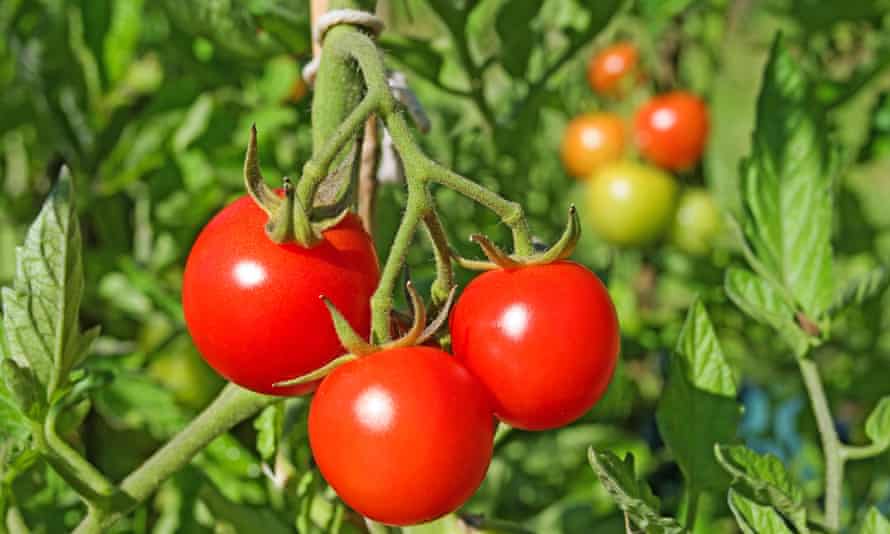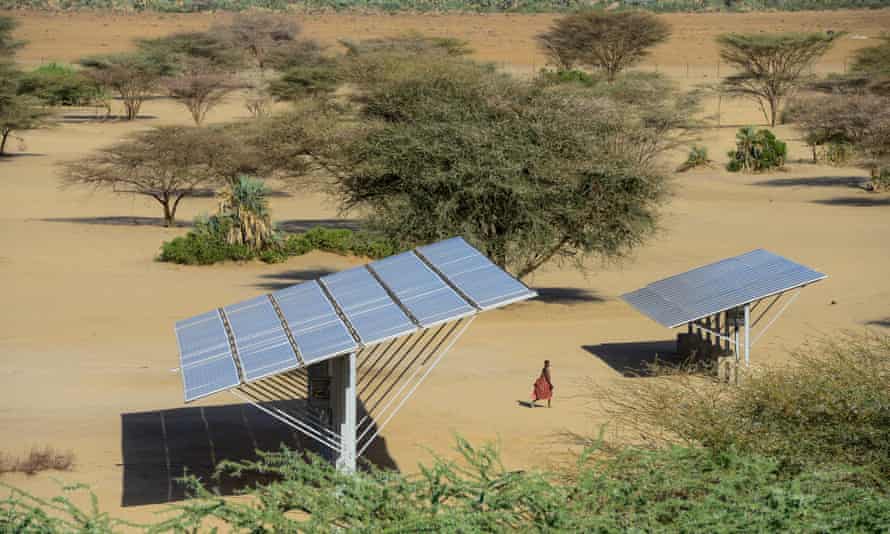From solar power in Africa to UK tomatoes – the eco-schemes to turn your cash green
Savings rates are low but some green investments can pay up to 8% interest a year

Environmentally conscious consumers fed up with low savings rates are being targeted by a variety of green investments paying up to 8% interest a year.
However, those thinking about signing up need to be prepared to accept some risk to their cash. This is a lot riskier than a bank or building society savings account.
The investments include a scheme that allows people to put money into companies providing African families with access to clean, affordable solar energy, and one involving a company that has found a way to grow “greener” tomatoes in the UK.
Energise Africa enables people to invest in bonds issued by solar companies, allowing them to provide “life-changing” solar home systems to low-income families in countries such as Kenya, Tanzania and the Democratic Republic of the Congo.
For first-time investors, Energise Africa is currently guaranteeing investments up to GBP100.
Launched in 2017, Energise Africa is the result of a link-up between Ethex, a UK-based ethical investment platform, and Lendahand, a Dutch-based crowdfunding platform.
This involves putting your money into bonds (mainly unsecured, although some are secured) that are not listed on a public market. The minimum investment is GBP50.
At the time of writing, there were several projects on the Energise Africa website either open for investment or about to go live. There is a 30-month bond from a solar company called Oolu, based in Senegal, with an expected interest rate of 7% a year. Oolu aims to raise just over GBP112,000 and says the money will help it provide solar home systems to 432 families in Burkina Faso.
Meanwhile, a company called Sollatek in Kenya is offering a two-year bond with an expected interest rate of 5% a year. It says it is aiming to raise GBP40,000, so it can make 200 solar home systems available to families in rural Kenya.

Also still open to investors at the time of writing was a two-year bond with an expected interest rate of 6% that aims to raise GBP500,000. It has been launched by a Kenya-based agricultural supply chain company called iProcure.
Lisa Ashford, the chief executive of Energise Africa and Ethex, says: “We’ve definitely seen an increase in people investing across both our platforms since the beginning of the pandemic. There are multiple factors at play, including low interest rates, but we’ve seen lots of new customers that want to support initiatives that can have a direct benefit on their community or a positive impact on the environment. The recent UN climate report and events such as the Greek wildfires put this into perspective.”
The guarantee on offer to new investors will reassure some, although above and beyond that guarantee, your capital is at risk and the returns are not guaranteed.
In the worst-case scenario, if there is some kind of disaster, crisis or bankruptcy, you could lose some or all of your capital and would not be able to get redress from the UK’s Financial Services Compensation Scheme or complain to the Financial Ombudsman Service.
Meanwhile, individuals concerned about the environmental cost of food production are being targeted by a new investment offering 8% interest a year.
On offer is an opportunity to put money into Sterling Suffolk, a company building and operating carbon-capturing glasshouses that grow “greener” tomatoes.
The investment has been launched by the crowdfunding platform Abundance Investment, and the aim is to raise up to GBP6.75m.
In the UK we eat more than 500,000 tonnes of fresh tomatoes each year but only grow 20% of them here. We rely on imports all year round, and this has a high environmental cost.
The UK imports most of its tomatoes from countries such as the Netherlands that operate gas-heated greenhouses, or places such as Spain that benefit from lower heating requirements but have other major environmental impacts including transport and water usage.
Based in Bramford, near Ipswich, Sterling Suffolk is tackling this issue head-on. Its semi-closed glasshouses are the first of their kind in the UK and use 25% less energy per tonne of tomatoes than other conventional glasshouses while capturing and reusing at least 75% of the CO2 generated from heating, a spokesman says.
The minimum investment is GBP5, and those who put their money in will be buying tradeable debentures, which are like IOUs issued by companies. However, debentures are not covered by the FSCS or the FOS and, again, there is a risk you may not get back the money you invested or make any return on your investment.
The quoted 8% return assumes you hold the debentures until maturity in October 2032.
According to the offer document, someone investing GBP1,000 now would be in line to receive a total of GBP1,555 at maturity – ie their original capital plus GBP555 of interest income.
These debentures are secured, in contrast to some other Abundance investments that are unsecured, and can be sold on to other investors free of charge via the Abundance Marketplace.
